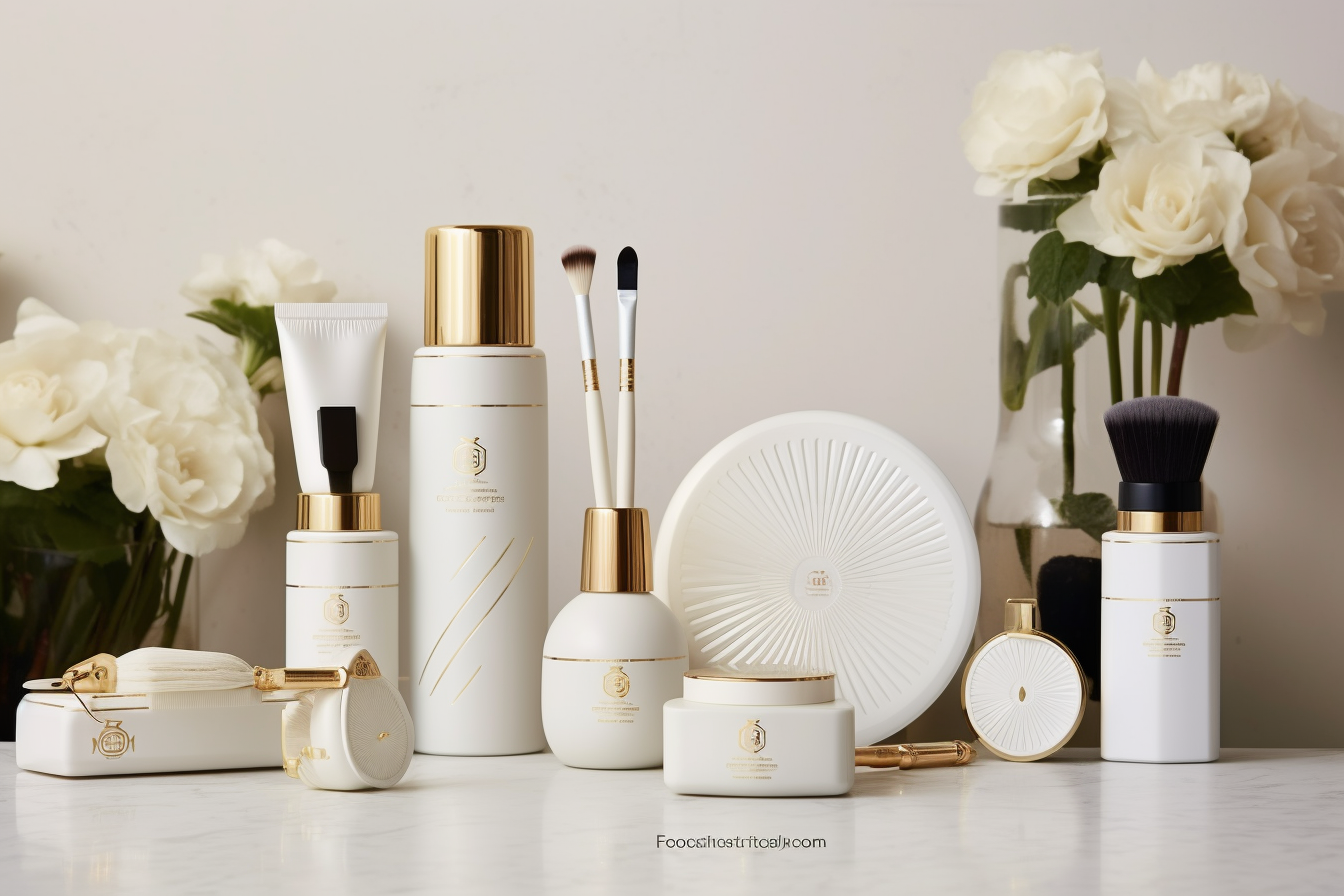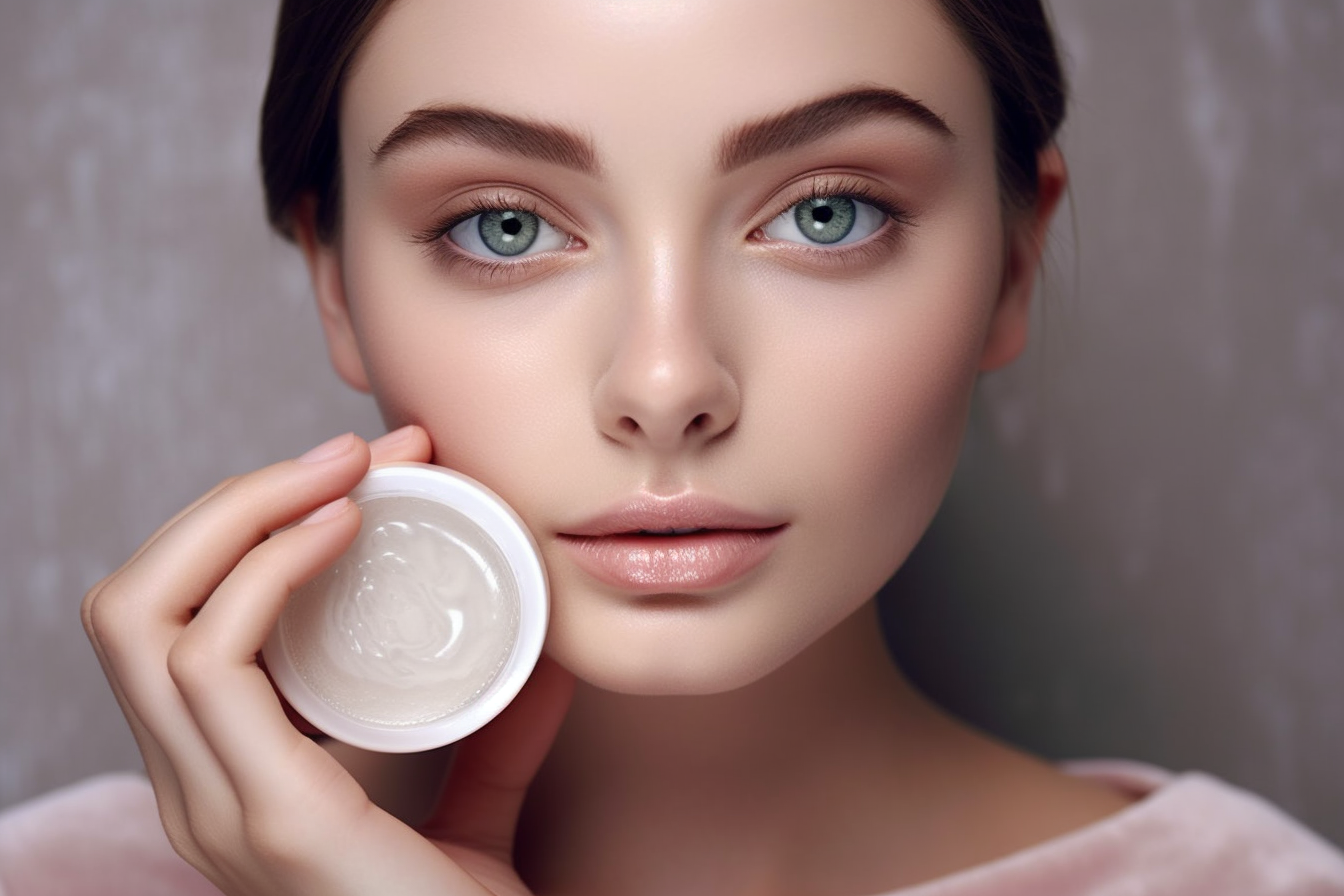Maintaining healthy and radiant skin is a top priority for many individuals, and it requires a consistent and effective skincare routine. While a daily routine is essential, it’s equally important to understand the differences between morning and evening skincare.
The two routines play distinct roles in protecting and restoring your skin, and using the right products at the right time can make all the difference. In this article, we’ll dive into the importance of morning and evening skincare routines and the products you should use to achieve optimal results.
We’ll also discuss the differences between daytime and nighttime products and how seasonal changes can impact your skincare routine. By understanding the science behind skincare routines and the role of different products, you can take control of your skincare journey and achieve the healthy, glowing skin you desire.
Key Takeaways
- Morning and evening skincare routines have distinct roles to play in maintaining healthy skin.
- Daytime skincare should prioritize sun protection with a minimum SPF 30 sunscreen.
- Moisturizers should be chosen based on skin type and season to keep the skin hydrated and protected.
- Nighttime skincare involves cleansing, toning, and moisturizing, and eye creams can promote skin cell regeneration and reduce puffiness and dark circles.
Daytime Skincare

Daytime skincare routines should prioritize sun protection to prevent damage from harmful UV rays. Sunscreen should be applied daily, even on cloudy days, to protect the skin from premature aging, sunburn, and skin cancer. It is essential to choose a broad-spectrum sunscreen with an SPF of at least 30 and to reapply every two hours, especially if sweating or swimming. Sunscreen should be applied after moisturizing and before makeup.
Choosing the right moisturizer is also crucial for daytime skincare. Moisturizers should be selected based on skin type and season. For oily skin, lightweight, oil-free moisturizers are recommended, while dry skin benefits from thicker, cream-based moisturizers. In the summer, moisturizers with a lighter texture and oil-controlling properties are recommended, while in the winter, thicker and more hydrating moisturizers are preferred.
A good moisturizer not only helps to hydrate the skin but also acts as a barrier against pollutants and environmental stressors.
Nighttime Skincare
Nighttime skincare routines typically involve cleansing, toning, and moisturizing to restore and protect the skin while it rests. Cleansing is an essential step in the PM skincare routine as it removes makeup, dirt, and pollutants that have accumulated on the skin throughout the day. It helps to prevent clogged pores, breakouts, and dullness. Cleansing also prepares the skin for the other products in the routine, allowing them to penetrate deeper and work more effectively.
Another crucial step in nighttime skincare is the use of eye creams. Eye creams are specially formulated to address the delicate skin around the eyes, which is thinner and more prone to wrinkles and fine lines. Applying eye cream at night allows it to work its magic while the skin is at rest, promoting skin cell regeneration and reducing puffiness and dark circles. It is important to note that eye creams should be applied gently and not too close to the eyelids to avoid irritation.
By incorporating these steps into the PM skincare routine, one can wake up to refreshed and revitalized skin.
Seasonal Skincare
Seasonal changes have a significant impact on skin, requiring adjustments to skincare routines. In the winter, the skin tends to become more sensitive due to the dry and cold weather. This makes it important to switch to gentle skincare products that have a moisturizing effect. Skin tends to lose moisture in the winter months, making it essential to choose products that can help retain hydration. Look for ingredients such as hyaluronic acid, glycerin, and ceramides in your moisturizer to keep your skin hydrated. Additionally, it is important to avoid over-exfoliating during the winter months, as it can make the skin more sensitive and prone to irritation.
On the other hand, summer skincare should focus on getting rid of oil buildup and pollutants. The heat and humidity tend to make the skin oilier, so it is important to use products that can control sebum production. Look for lightweight moisturizers and oil-free serums to keep the skin hydrated without adding extra oil. Additionally, using a gentle cleanser twice a day can help get rid of sweat, dirt, and pollutants, preventing breakouts and blemishes. Incorporating a weekly exfoliation routine can also help in removing dead skin cells and unclogging pores, preventing the buildup of oil and sebum.
Frequently Asked Questions
What are some common mistakes people make in their morning and evening skincare routines?
Common mistakes in skincare routines can include not properly cleansing the skin, using products that are not suitable for one’s skin type, and over-exfoliating.
Another mistake is not using sunscreen daily, which can lead to sun damage and premature aging.
To improve one’s skincare routine, individuals should pay attention to their skin type and choose products accordingly. It is also important to avoid over-exfoliating and to only exfoliate once a week at most.
Sunscreen should be incorporated into the daily routine, even on cloudy days.
Additionally, incorporating a serum can provide targeted care for specific skin concerns.
Overall, taking the time to properly care for one’s skin and choosing products that are suitable for their individual needs can lead to a more effective skincare routine.
Are there any ingredients that should be avoided in skincare products?
Toxic ingredients to avoid in skincare products are those that can cause harm to the skin, such as irritants, allergens, and potential carcinogens. It is important for consumers to be aware of the ingredient labels and watch out for these harmful substances.
Common toxic ingredients found in skincare products include parabens, phthalates, sulfates, and synthetic fragrances. These ingredients can cause skin irritation, disrupt hormonal balance, and affect the environment.
Consumers should opt for products that use natural and safe ingredients, such as plant-based extracts and essential oils. It is also recommended to do a patch test on a small area of skin before using a new product to avoid any adverse reactions.
How do skincare routines vary for different skin types, such as oily or sensitive skin?

Skincare routines should be tailored to individual skin types to achieve optimal results.
For those with sensitive skin, it is important to use gentle products that do not cause irritation or inflammation. Harsh products can strip the skin of its natural oils and cause further damage.
On the other hand, oily skin requires a balance of oil production, which can be achieved by using products that are specifically designed to regulate sebum production. These products should not be too drying, as this can cause the skin to overproduce oil.
Regardless of skin type, it is important to choose products that are appropriate for the season and to avoid over-exfoliating, which can lead to adverse effects.
Additionally, incorporating targeted treatments such as serums and retinoids can address specific skin concerns.
Premium Cosmetic Labs offers product development for those looking to create a customized skincare routine.
Is it necessary to use separate products for morning and evening routines, or can the same products be used for both?
Using the same skincare products for both morning and evening routines can be convenient and save money, but there are benefits to using separate products for each time of day.
Morning skincare routines should focus on protecting skin from environmental damage and restoring hydration lost during sleep. Daytime products should include sunscreen to prevent damage from sun rays.
Evening skincare routines should focus on cleansing away pollutants and makeup, restoring hydration, and repairing skin while you sleep.
Using the same products for both routines may not provide the necessary protection and repair for both daytime and nighttime needs. However, using separate products can be costly and time-consuming.
It is important to choose products based on skin type and season and to listen to your skin’s needs to determine the best routine for you.
Can skincare routines be customized for individual concerns, such as acne or dark spots?
Customized concerns and ingredient preferences are crucial when it comes to an effective skincare routine.
For individuals dealing with acne or dark spots, it is essential to choose products that contain ingredients such as salicylic acid, benzoyl peroxide, or alpha hydroxy acids, which are known to combat breakouts and fade hyperpigmentation.
Additionally, those with sensitive skin may need to avoid certain ingredients such as fragrances or alcohol.
With so many options available on the market, it is important to research and consult with a dermatologist to find the best products for individual skincare concerns.
By customizing a skincare routine, individuals can address their specific concerns and achieve optimal results.
